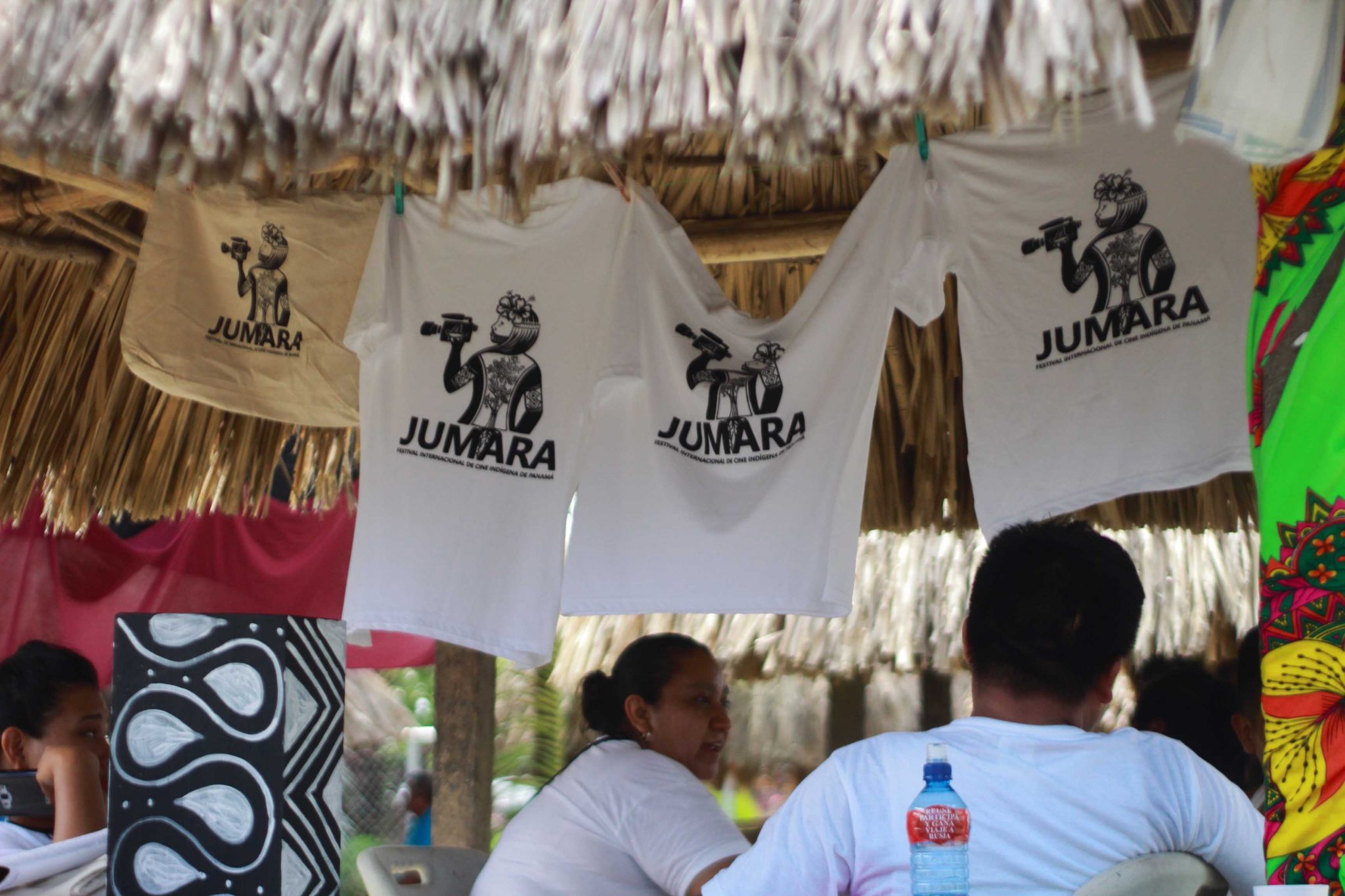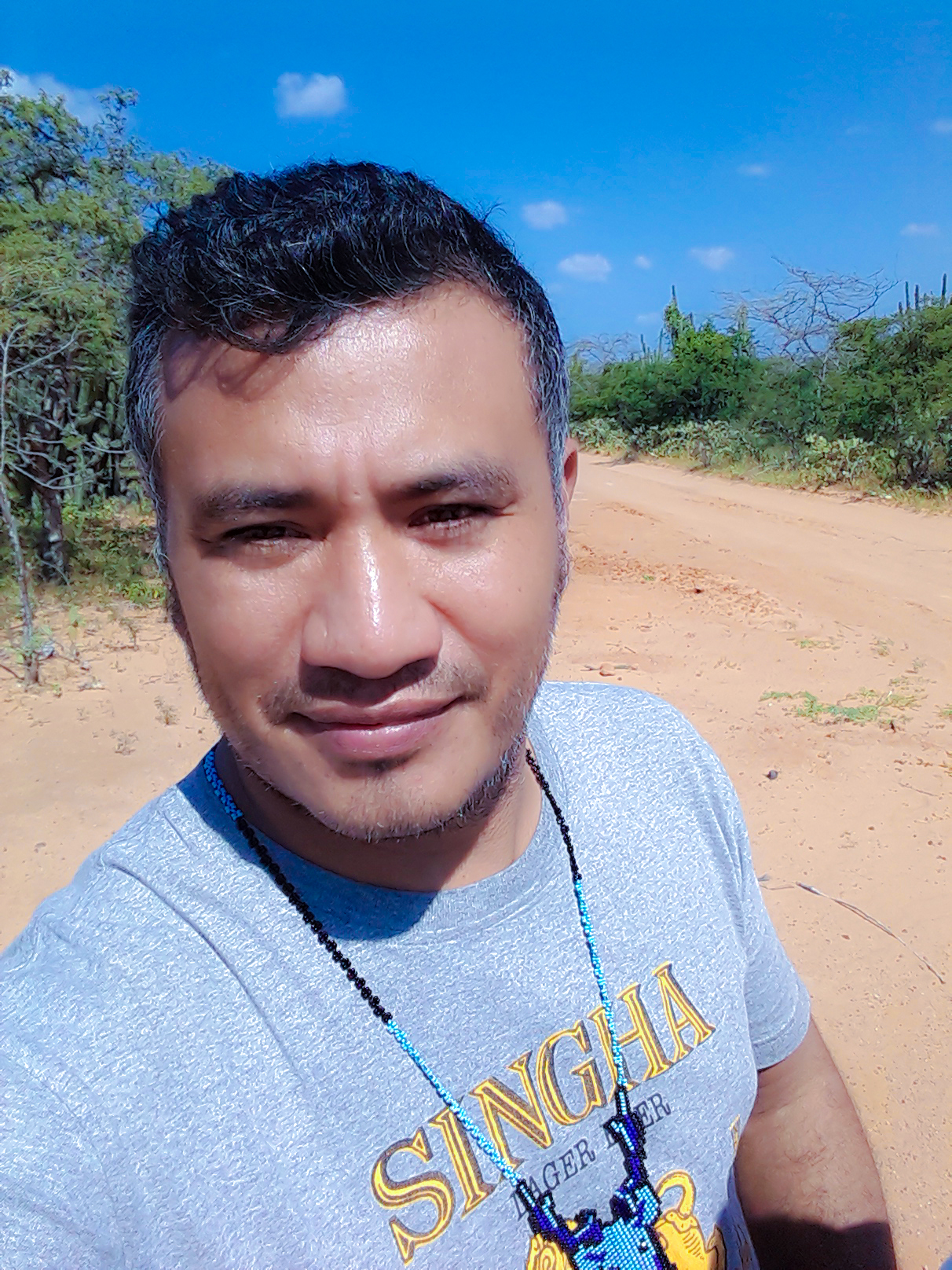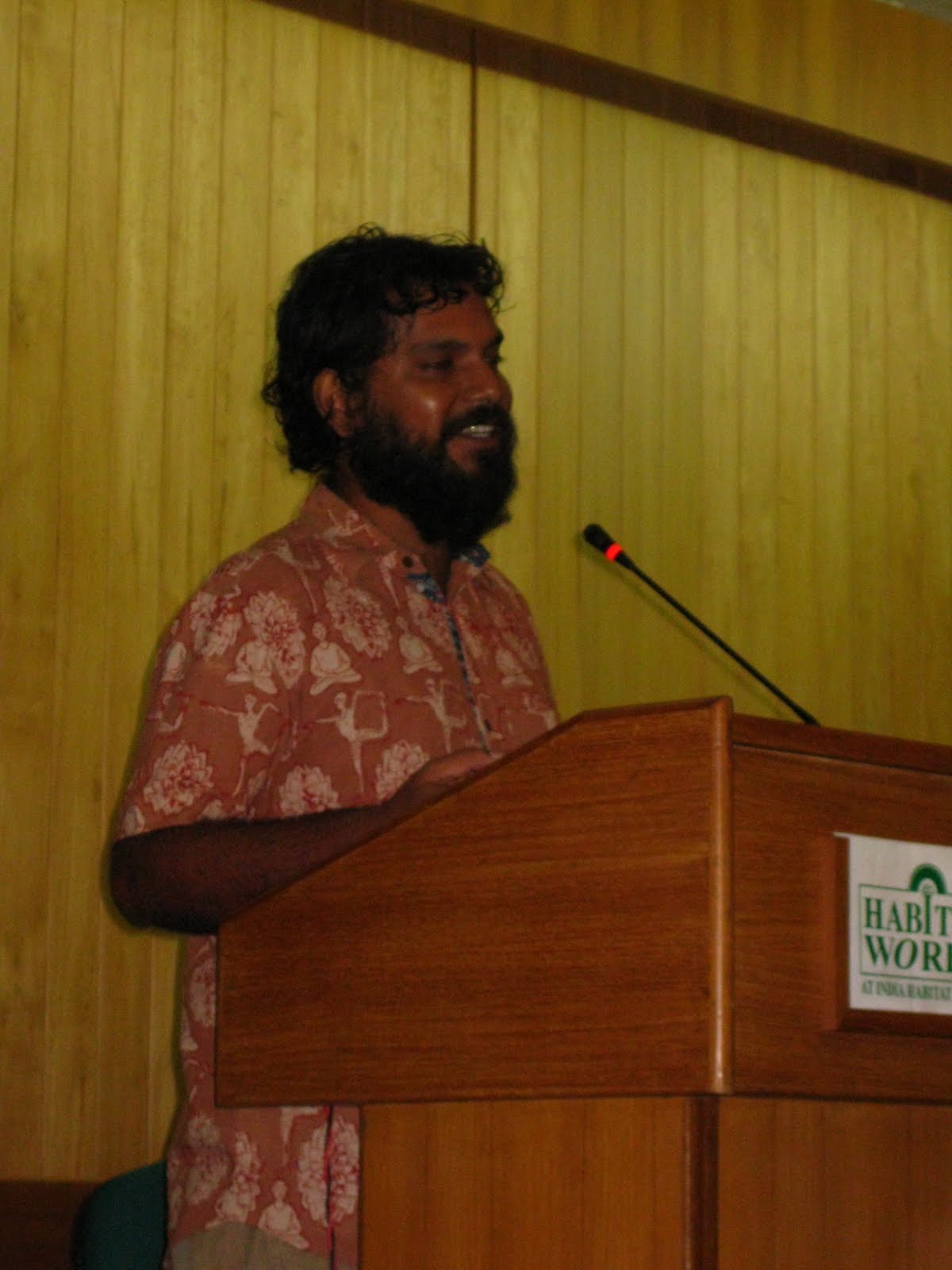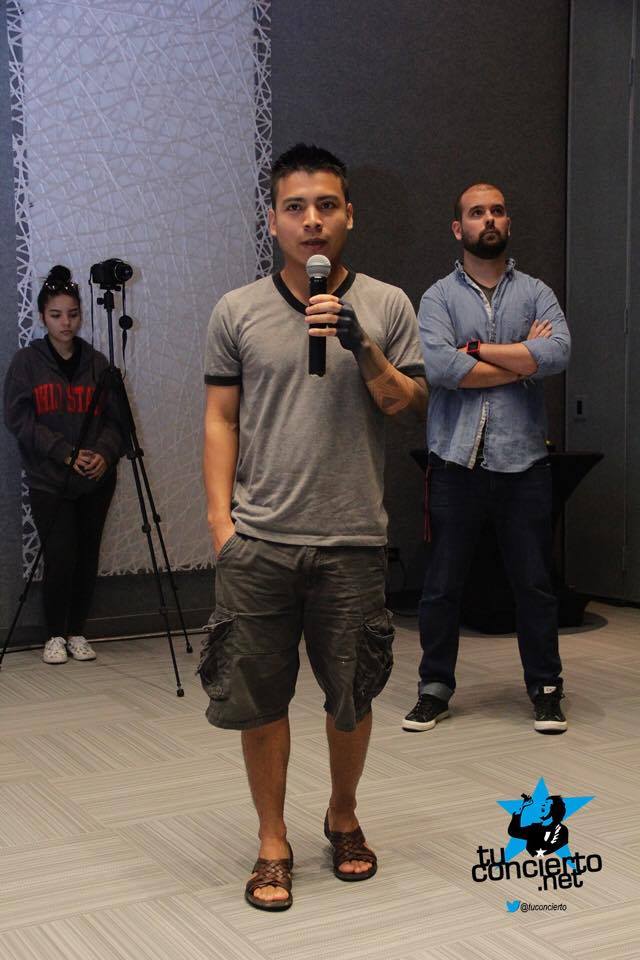We asked a group of organizers of indigenous film festivals in several countries in Asia and Latin America, about how these activities work and why they do it. While everyone has responded from their own perspective, there are many coincidences in the motivations that move indigenous creators in places so distant from each other, confirming that cinema is a universal language and that it strengthens the struggle for the rights of the Peoples through a dialogue that it establishes.
Our interviewees; filmmakers, indigenous activists and festival organisers:
Why is it important to have indigenous film festivals (IFF) or to have a space for indigenous films in international film festivals?
Shinta
“There are some films in the industry featured indigenous people but mostly it is no more than showing indigenous people as an object for the need of the entertainment. Films play a very important role to shape public paradigm and are powerful to move people into action. As they all say, it also brings cinema to the communities and enables peoples opening the possibility to have a dialog with the world”.
Surya
“Our International Indigenous Film Festival of Bhubaneswar, is located in the heart of a widely discussed conflict in India between the indigenous people and the mining companies. In the same city there are festivities of art and literature all around the year sponsored by corporations guilty of killing indigenous people. So, our people funded independent indigenous film festival as an assertion of democracy in the cultural space”.
Ivan
“It is important to make visible that indigenous communities are going through a situation of discrimination, deforestation, cultural and identity losses. Jumara is a means to disseminate through film what a community still has.”
David
“Because there is a need for peoples and minorities to have their own space where they can project their works that represent the diversity of our peoples, our cultures and our territories … The niches of indigenous cinema within the international festivals give us the possibility of creating a consensus or to legitimize for the non-indigenous peoples, through the international film authorities, to pay attention to the achievements of indigenous cinema.”
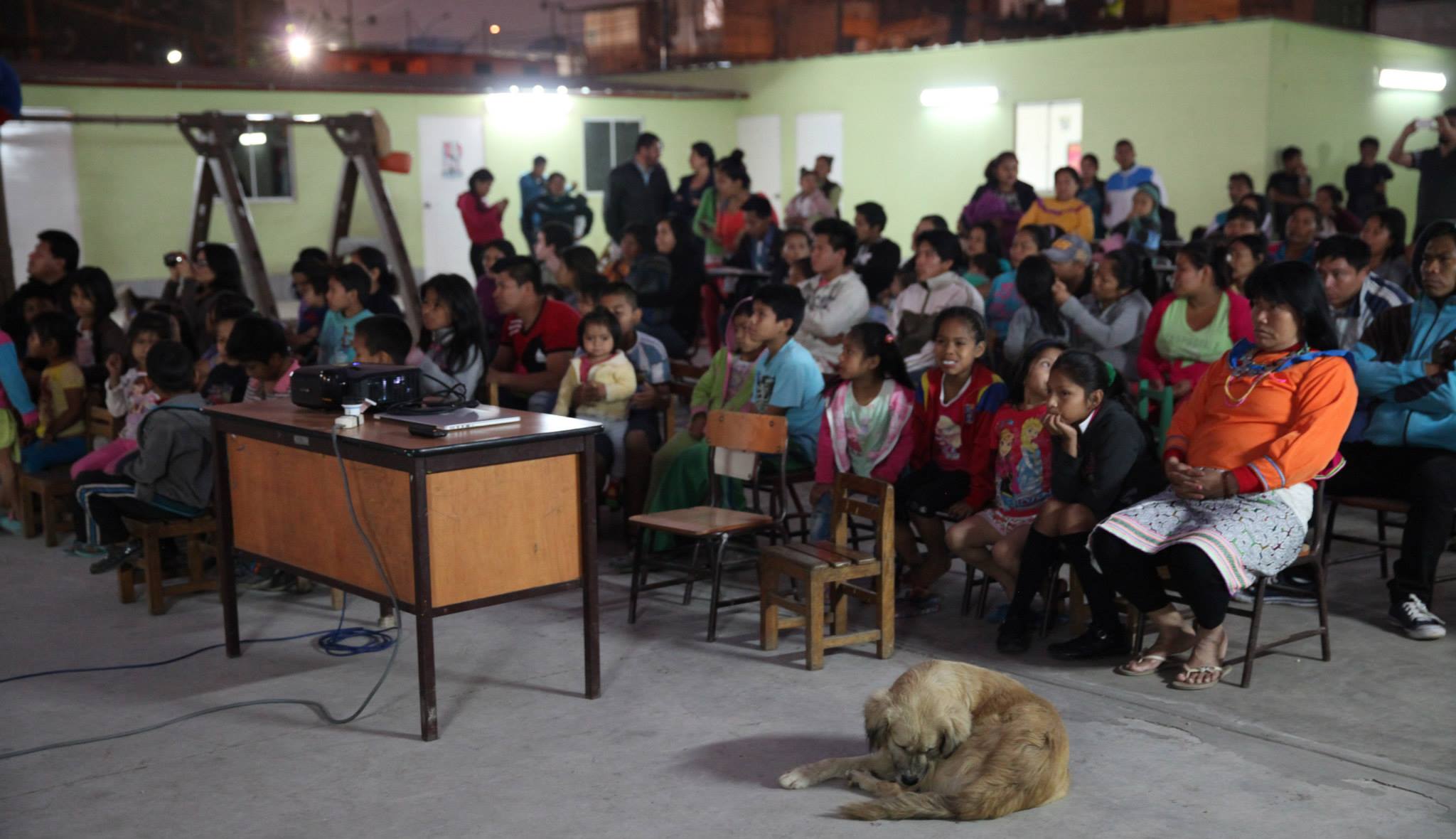
How do you decide which films to include in a film festival?
Surya
“An open call to all indigenous filmmakers as well as for films made in collaboration with an indigenous community. As a curator, one is overwhelmed by the amount of films about indigenous people as compared to films by indigenous people, so we have included all submissions and programmed them appropriately.”
Shinta
“First and the most important is that the film should be directed or produced by an indigenous, or have an indigenous as one of the main crew. This is very essential because indigenous people have been put into a frame made by people in the filmmaking industry and portrayed to meet the need of this industry for a long time, and it is something that we as indigenous filmmakers want to break through. Other criteria is based on the target audience, for example, it can be to strengthen a grass root movement and for self-empowering [inside the community], or for raising awareness [for the dominant culture] and also raise fund to support the indigenous filmmakers.”
Ivan
“In Jumara last year 169 films entered, some had no relation to the indigenous issues, but with human rights that were relevant, because Jumara not only wants to be dedicated to indigenous films but also that indigenous people have a presence in non-indigenous issues. We want the cinema to be part of the discussion, the gathering and the dialogue between the indigenous peoples.”
David
“If we all committed ourselves to film in equal conditions, Latin American cinema would be a women’s cinema, because there are more male filmmakers. So we give 50% preference to films made by women, and of that group 70% are indigenous, and the other 50% of the showcase are all other films. It is very hard for an indigenous women filmmaker to make films, so we have to screen their films.”
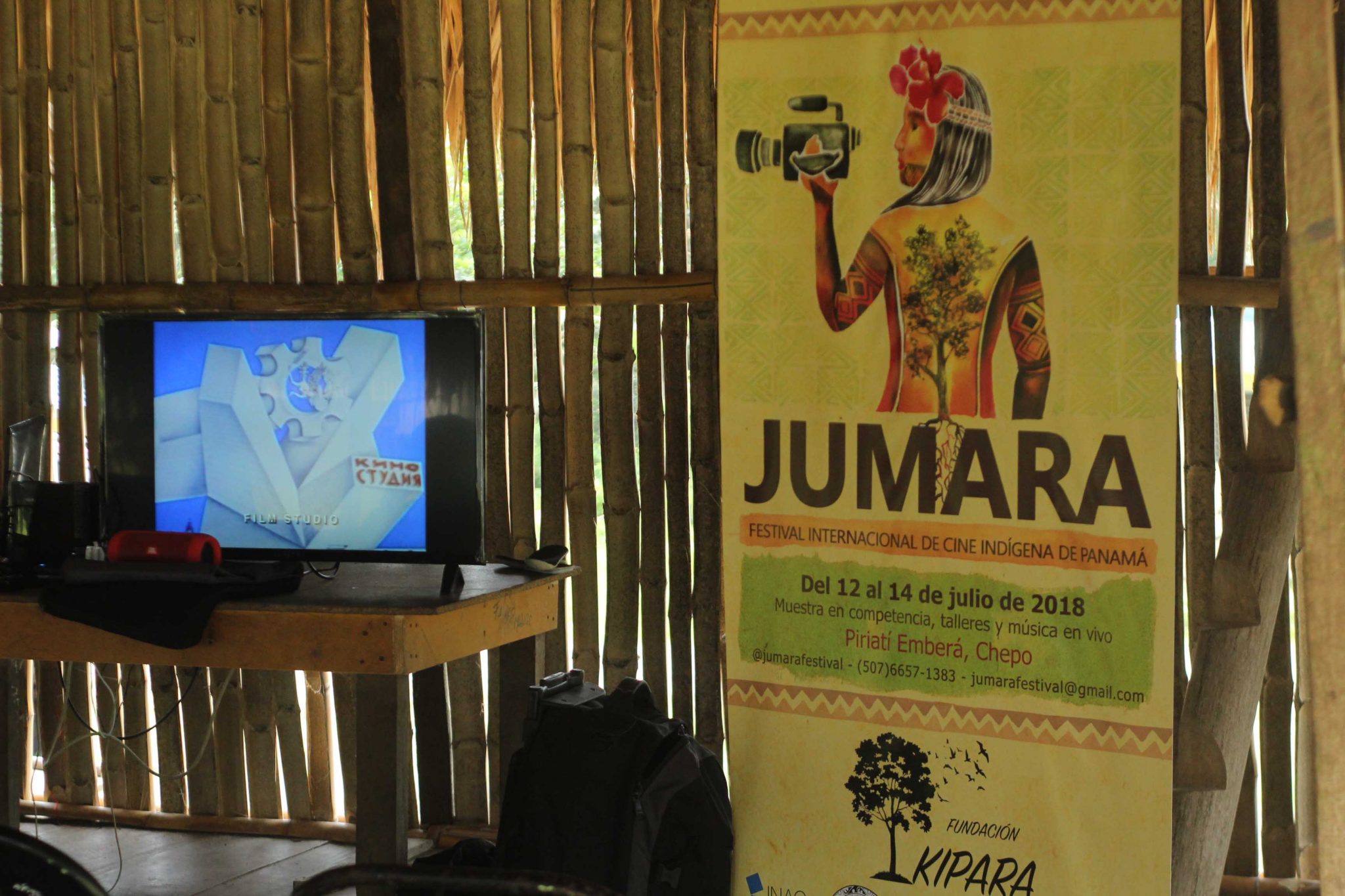
What can a filmmaker expect after her/his participation in a film festival, in terms of distribution, trainings or support for production/postproduction?
Shinta
“Walking the path as indigenous filmmakers can be very lonely, so the indigenous film festivals like this give them the opportunity to connect with other indigenous filmmakers who also have the same passion and also face the same challenges. Second, is the expansion of his/her work in terms of distribution, as personal and also communal. The message/issue covered in his/her film is spread worldwide, then it creates next opportunities for the filmmakers to get into other festivals. Third is the support in form of trainings/collaboration which may happen next.”
Surya
“While it varies with every festival we have included along with film screenings many other activities like filmmaking workshops, discussions, solidarity visits to indigenous communities, tie-ups with other film festivals provides an opportunity to meet other filmmakers. In the future we plan to make a distributors panel as well.”
Ivan
“Work is being done so that the films that are most relevant in Jumara can be promoted in
other Panamanian festivals, or internationally. That is why we give awards to those films that we consider the best achievements. We want to create an industry where indigenous cinema is more important and that amongst us we can co-produce indigenous films of any theme, but Jumara still does not have those type of resources, for us it is still difficult to acquire them.”
David
“Distribution, screenings at festivals are not considered in the production budget of the films. While this is a weakness in the indigenous film industry, the fact that they are considered at a festival opens the door to other festivals and other programming spaces such as films showcases or television screenings.”
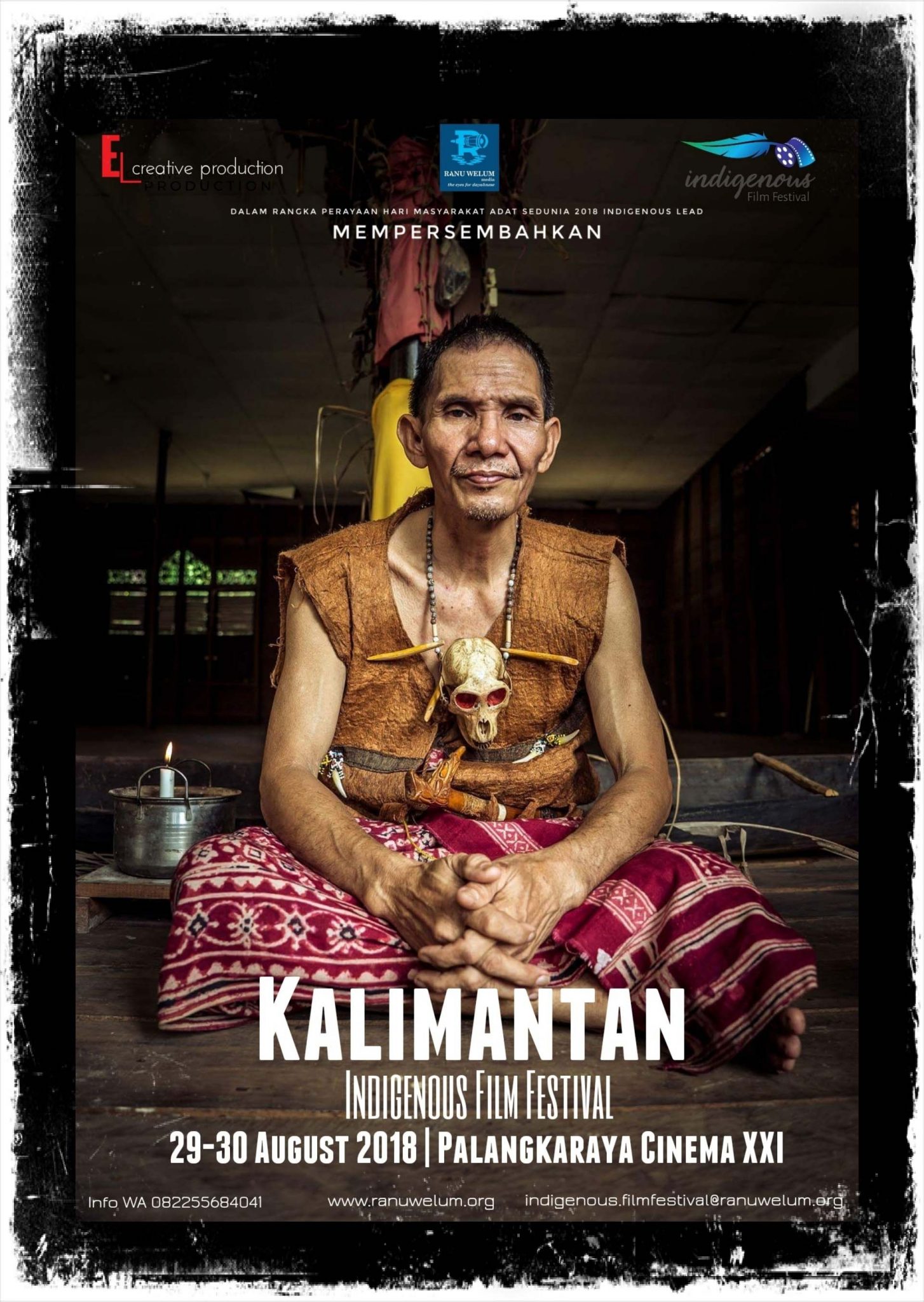
Who watches indigenous cinema? How can we develop the audiences?
Shinta
“There are many people who are interested in indigenous films but only a little who have knowledge about what they will see in the film. I personally think curiosity is the main because why people want to attend our festivals. Most audiences will think about beautiful culture and amazing tradition, while in other side there is also story of oppression, injustice and rights violation. We have seen a lot people come to our festival with expectation and then end with ‘good’ shock when they know the real struggles faced by communities. The best part is, these audience will not stay the same as before they attend the festival. They get new information/knowledge which help them to understand indigenous people and the complex issues better. Some people even go further by taking actions to help the communities which featured in the film.”
Surya
“Indigenous films offer a window of hope and imagination to audiences who are unable to overcome the trappings of consumerist society and help people return to a more organic attachment to life. The audience will develop as more work gets produced, therefore the lack of resources for indigenous filmmakers needs to be addressed. Along with the providing resources for indigenous filmmaking the distribution and delivery to audiences has to radically improve from the present situation where indigenous cinema and screenings are carried out solely by the sole effort of filmmakers.”
Ivan
“The festival is only seen by our public that is the community, and people from outside, members of other festivals that have come to know Jumara. We are very pleased that our audience is our own people, because it is not easy for these communities to attend festivals or film screenings in the city.”
David
“While there is injustice and exploitation of the territory in Latin America, the tone will be the denouncement, because indigenous people see in cinema a tool to show the injustices and also the coincidences between cultures. But there are also materials that are made exclusively for archiving and for the community, there are some that are only shown in ceremonies by community decision. There are also products dedicated exclusively to children.”
Thank you to our interviewees. Find out more about their festivals:
- KALIMANTAN INDIGENOUS FILM FESTIVAL – currently open for submissions for 2019 festival
- International Indigenous Film Festival of Bhubaneswar, Odisha, India
- Jumara Festival Internacional de Cine Indígena de Panamá
- Muestra Internacional de Cine Indígena de Venezuela
- Muestra de Cine y Video Wayuu
As well as being festival organisers, they are storytellers as well. See a selection of their films below:
